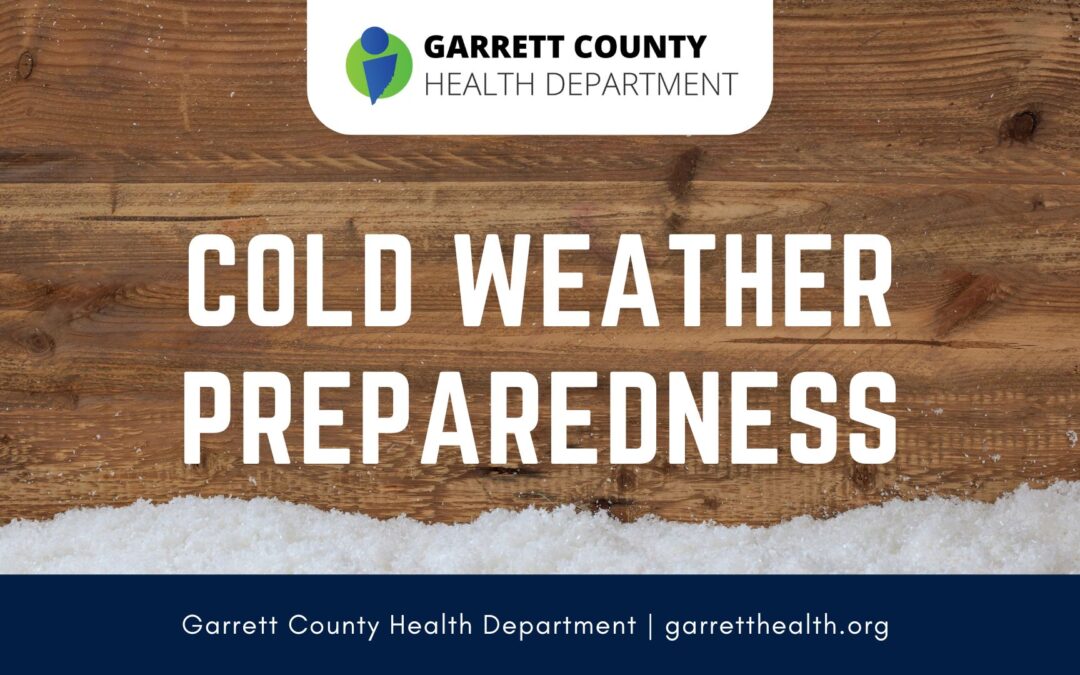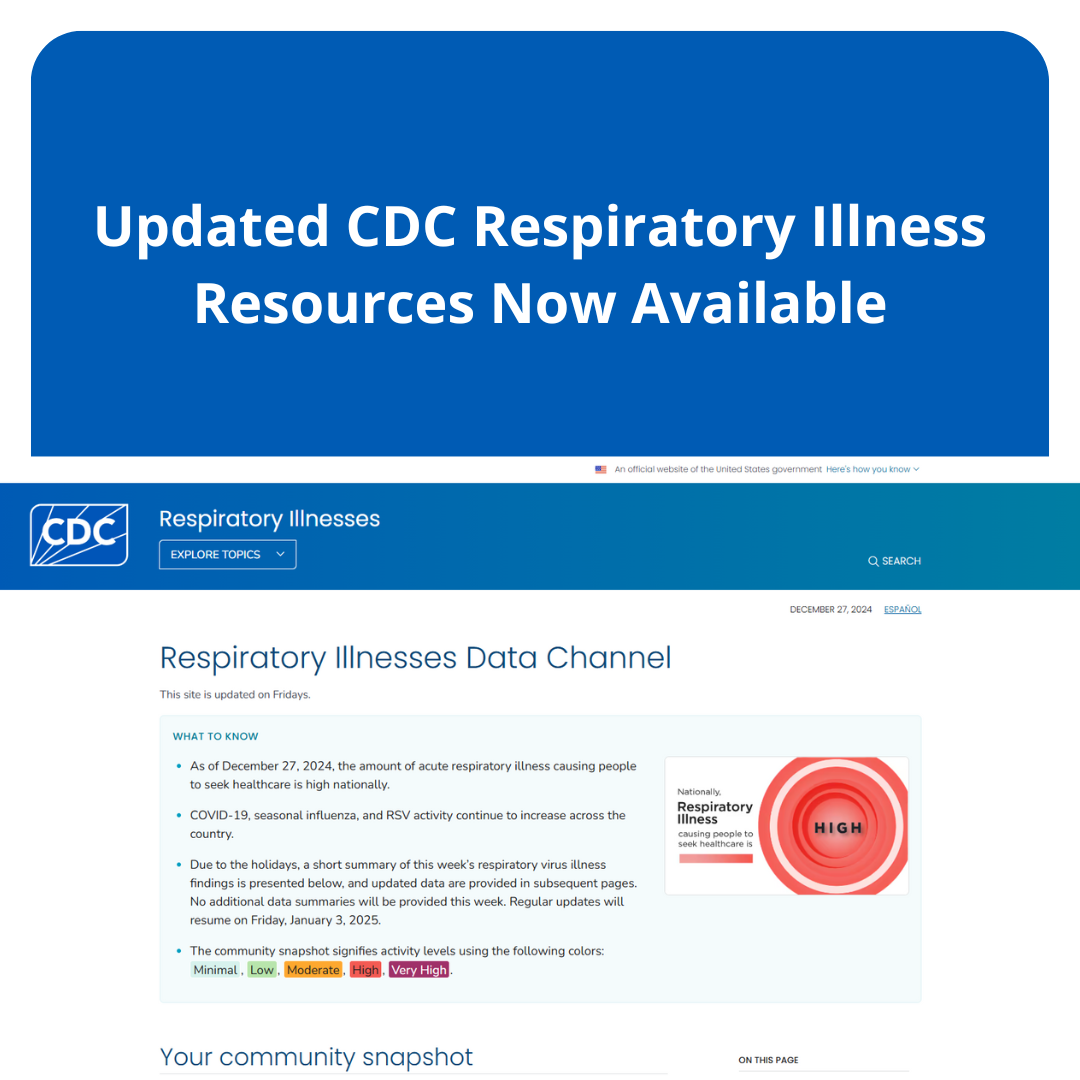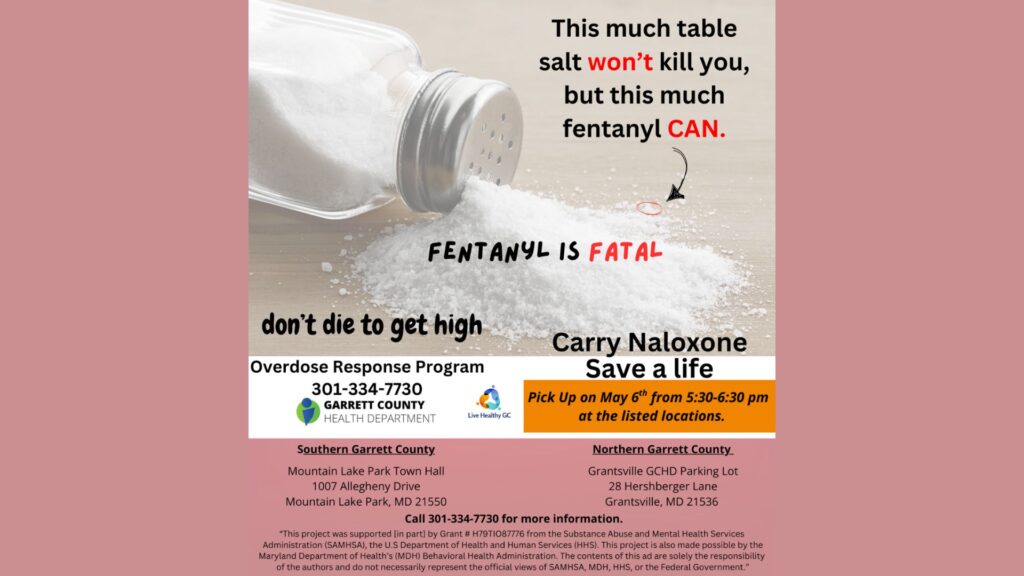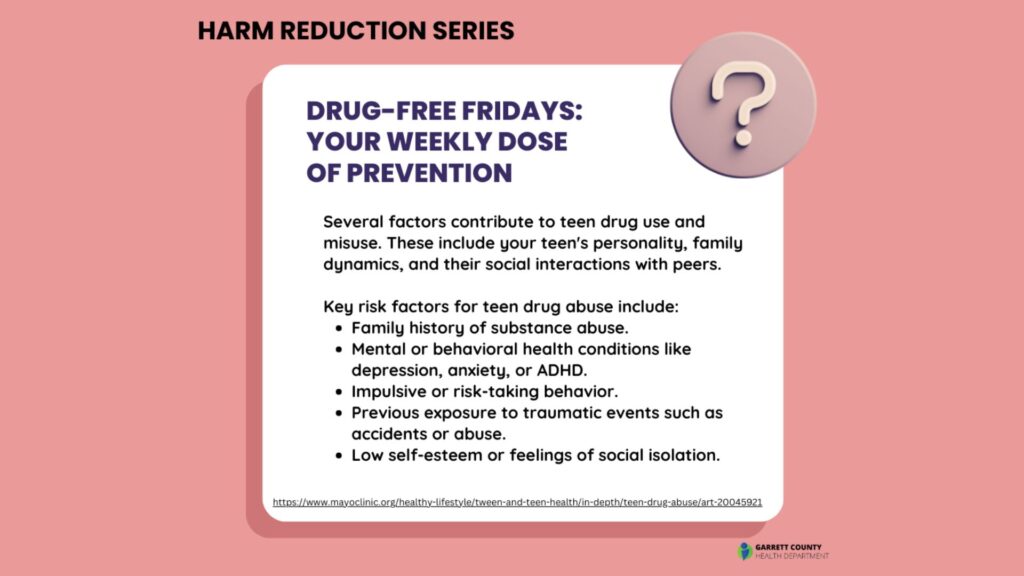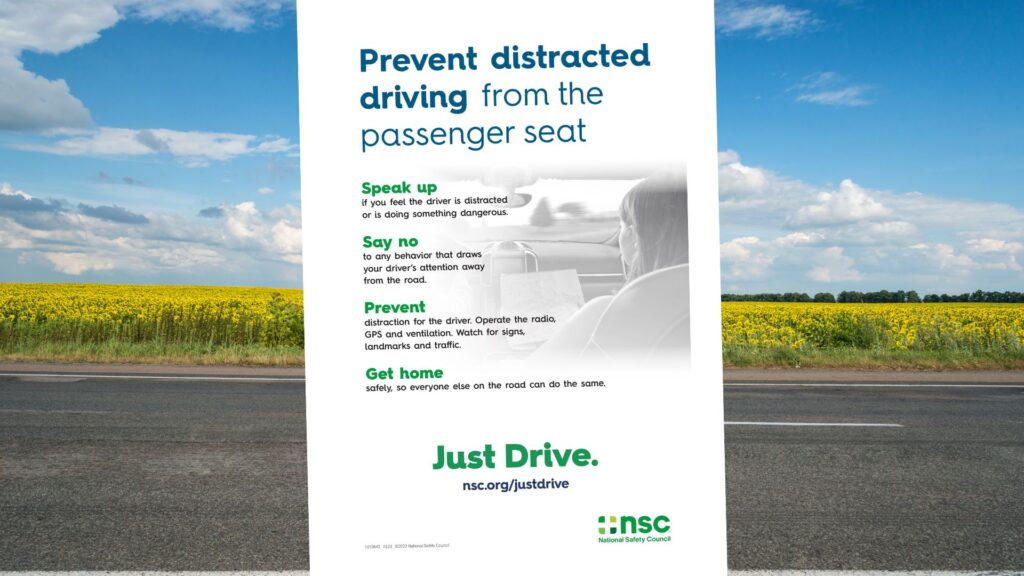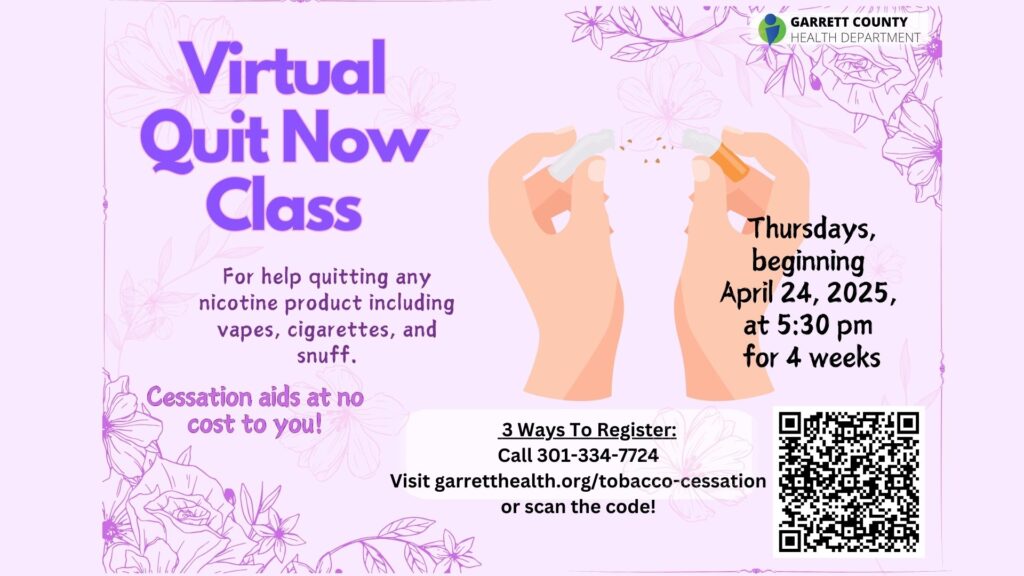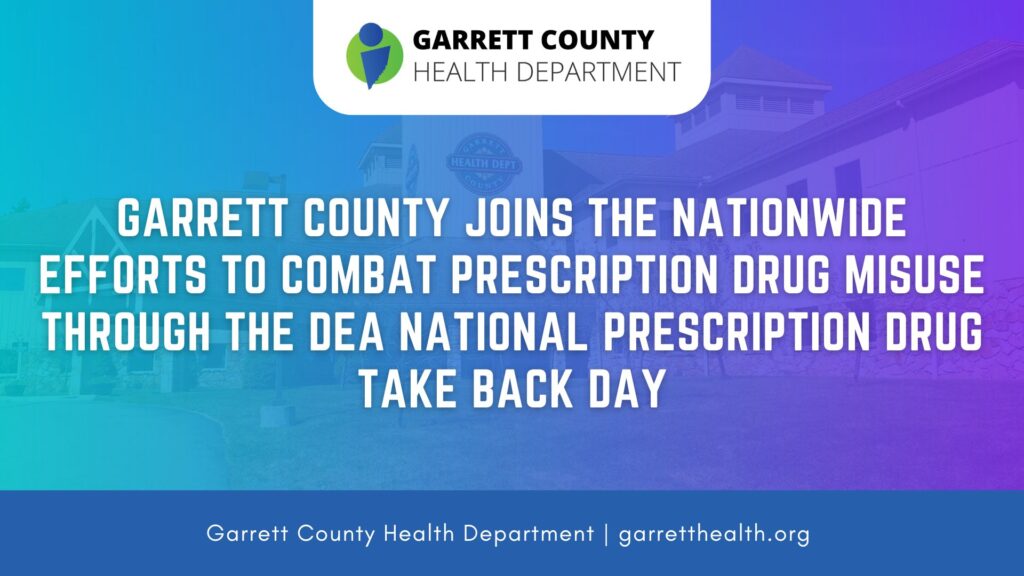The Garrett County Health Department encourages residents to protect themselves against serious health problems that can result from prolonged exposure to the cold. When exposed to cold temperatures, your body begins to lose heat faster than it can be produced, causing cold-weather health problems such as frostbite and hypothermia. In Garrett County, many of us work or participate in outdoor activities throughout the fall, winter, and early spring. We should all be aware of the potential symptoms and treatment for hypothermia, frostbite, and carbon monoxide poisoning.
Hypothermia most often occurs at very cold temperatures, but can occur at temperatures above 40°F if a person becomes chilled from rain, sweat, or submersion in cold water.
Victims of hypothermia are most often:
- People who remain outdoors for long periods – the homeless, hikers, hunters, etc.
- Elderly people with inadequate food, clothing, or heating.
- Babies sleeping in cold bedrooms.
Hypothermia-Recognize the signs.
- Adults and Children: shivering, exhaustion, confusion, fumbling hands, slurred speech, memory loss, and drowsiness.
- Infants: bright red or cold skin, very low energy.
What to do
If you notice any of the signs mentioned above, take the person’s temperature. If it’s below 95 °F, the situation is an emergency: Call for medical attention immediately.
If medical care is not available, begin warming the person as follows:
- Get the victim into a warm room or shelter.
- If the victim has any wet clothing on, remove it.
- Warm the center of the body first (chest, neck, head, and groin).
- Warm beverages can help increase the body temperature, but do NOT give alcoholic beverages. Do not try to give beverages to an unconscious person.
- After body temperature has increased, keep the person dry and wrapped in a warm blanket, including the head and neck.
- Get medical attention as soon as possible.
- If the victim has no pulse, call 911 and begin cardiopulmonary resuscitation (CPR).
Frostbite is an injury to the body that is caused by freezing. Frostbite causes a loss of feeling and color in affected areas. It most often affects the nose, ears, cheeks, chin, fingers, or toes. Frostbite can permanently damage the body. Severe cases may result in finger, toe, or limb amputation.
- At the first signs of redness or pain in any skin area, get out of the cold or protect any exposed skin – frostbite may be beginning. Any of the following signs may indicate frostbite: numbness, tingling or stinging, a white or grayish-yellow skin area, and skin that feels unusually firm.
- Do not rub or massage the frostbitten area; doing so may cause more damage.
- Do not use a heating pad, heat lamp, or the heat of a stove for warming. Affected areas are often numb and can be easily burned.
Carbon Monoxide Poisoning
Carbon monoxide (CO) is invisible and odorless, and it can cause loss of consciousness or death. The most common symptoms of CO poisoning are headache, dizziness, weakness, nausea, vomiting, chest pain, and confusion. If you experience any of these symptoms, get outside to fresh air immediately and call 911 for emergency medical attention. Very high levels of CO can cause victims to quickly lose consciousness before they can rescue themselves. DO NOT attempt to shut off the generator before moving to fresh air. Entering an enclosed space where a generator is or has been running may put you at greater risk of CO poisoning.
To prevent carbon monoxide poisoning:
- Install carbon monoxide detectors in your home.
- Never use a gas range or oven to heat your house.
- If you use a generator, make sure it is properly installed and vented.
- If you lose power and it is too cold inside your house, go to a friend or family’s home.
- If you need a warming center, call the Garrett County Health Department at 301-334-7770, or the local office of the Maryland Department of Human Services at 301-533-3000.
Taking preventive action
- When spending time outdoors in cold weather, adults and children should dress warmly in layers, and stay dry.
- Check on elderly relatives, friends, and neighbors.
- Monitor the rooms where infants sleep or spend periods of time.
- Have furnaces checked annually for efficient and safe operation before the heating season arrives.
- Never leave space heaters on and unattended.
- Store several days’ worth of non-perishable food and bottled water in the event of a large storm.
Resources provided by Lori Peck, BS, MT, Public Health Emergency Planner at the Garrett County Health Department in collaboration with the Population Health, Innovation, and Informatics Unit to reduce cold weather-related deaths, illness, and injury in Garrett County, Maryland in accordance with planning and emergency preparedness objectives.
- Save a Life - April 25, 2025
- 52 Weeks of Prevention – Week 41 - April 25, 2025
- April is Distracted Driving Awareness Month #6 - April 25, 2025




